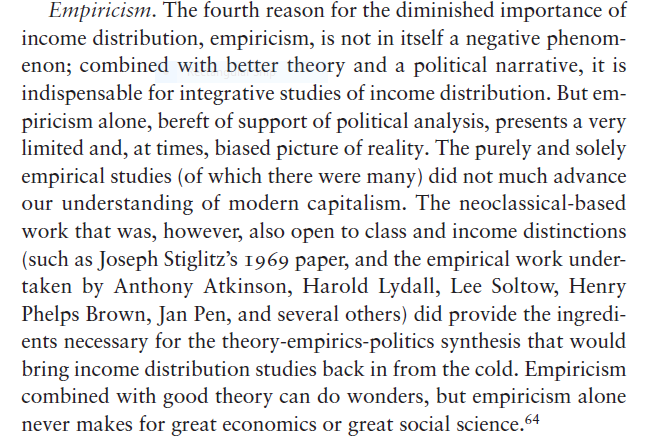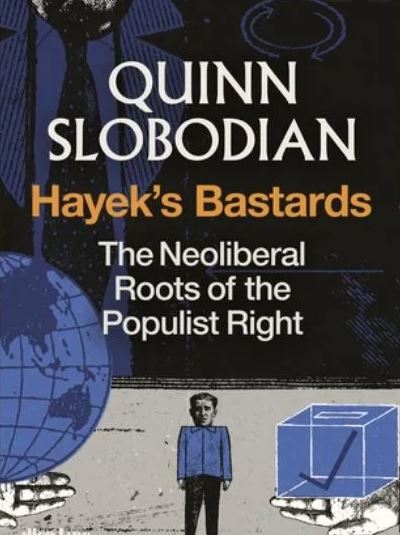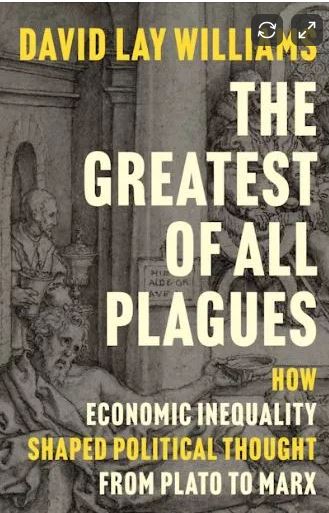On March 9, 1776 was published The Wealth of Nations.
Here are 9 not that well-known quotes from it.
Here are 9 not that well-known quotes from it.
Marriage is encouraged in China not by the profitableness of children but by the liberty of destroying them.
All merchants & master manufacturers complain much of the bad effects of high wages in raising the price & ...lessening the sale of their goods...They say nothing concerning the bad effects of high profits. They are silent w regard to the pernicious effects of their own gains.
The exorbitant rewards of players, opera singers, opera dancers, etc. are founded upon these two principles;
the rarity and beauty of the talents, and the discredit of employing them in this manner.
the rarity and beauty of the talents, and the discredit of employing them in this manner.
How much lower ranks of people in the country are really superior to those of the town, is well known to every man whom either business or curiosity has led to converse much with both.
All the ancient arts of Mexico and Peru have never furnished one single manufacture to Europe.
The late resolution of the Quakers in Pennsylvania to set at liberty all their negro slaves, may satisfy us that their number cannot be very great.
To expect, indeed, that the freedom of trade should ever be entirely restored in Great Britain is as absurd as to expect that an Oceana or Utopia should ever be established in it.
The government of an exclusive company of merchants is, perhaps, the worst of all governments for any country whatever.
The church of Rome may be considered the most formidable combination that ever was formed against the authority and security of civil governments, as well as against the liberty, reason and happiness of mankind.
• • •
Missing some Tweet in this thread? You can try to
force a refresh








